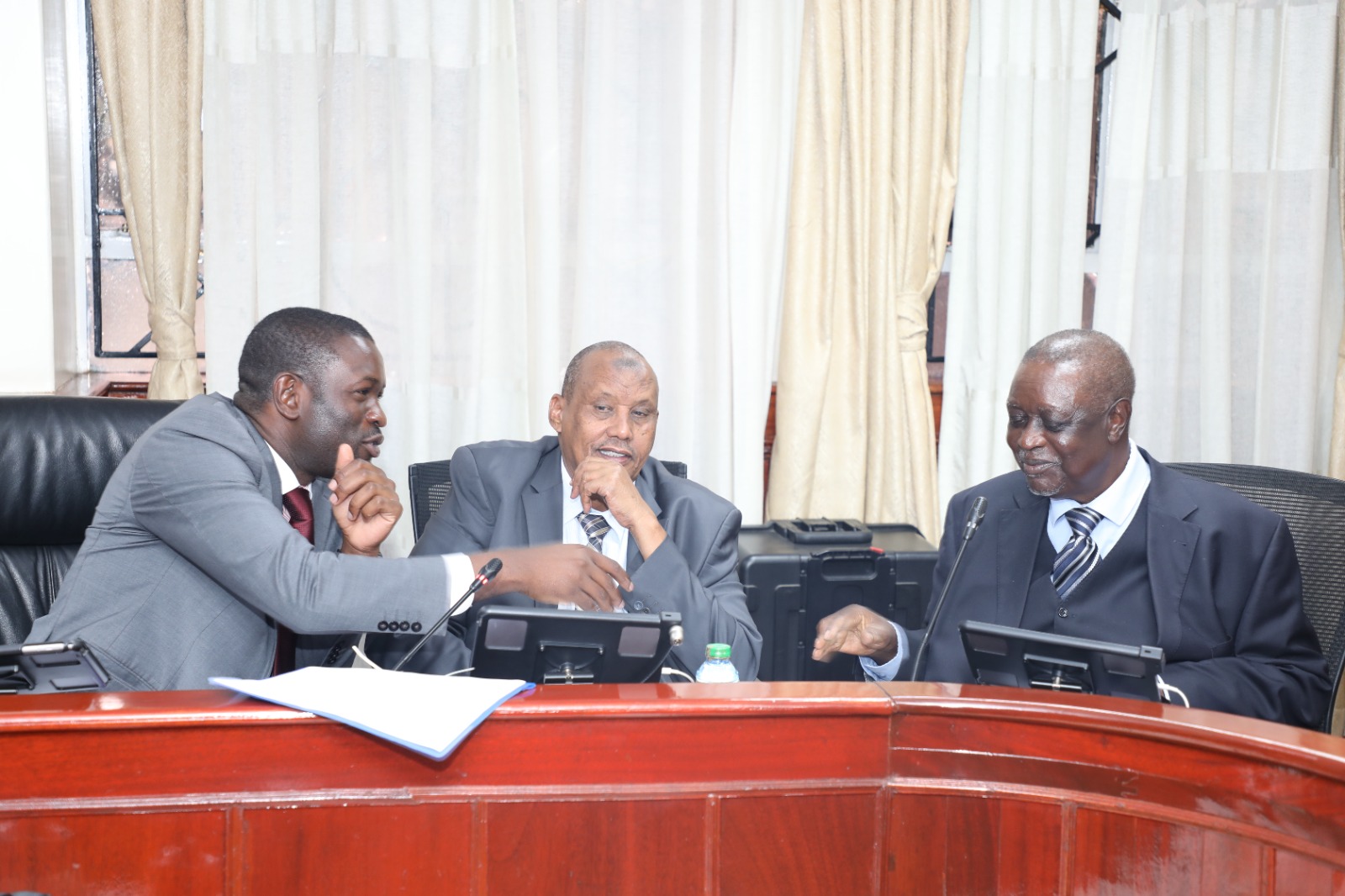𝐋𝐎𝐂𝐀𝐋 𝐂𝐎𝐍𝐓𝐄𝐍𝐓 𝐁𝐈𝐋𝐋 𝐈𝐒 𝐑𝐄-𝐈𝐍𝐓𝐑𝐎𝐃𝐔𝐂𝐄𝐃 𝐈𝐍 𝐓𝐇𝐄 𝐒𝐄𝐍𝐀𝐓𝐄
Earlier today, Senate committee on energy held a meeting with to consider the pre-publication scrutiny on the Local Content Bill, 2023. (Committee Paper No. 38) and review the progress on the inquiry into the high cost of electricity in Kenya.
The committee heard that the Senate Committee on Energy is established under standing order 228 (3) of the Senate Standing Orders and is mandated to consider all matters related to fossil fuels exploration, development, production, maintenance and regulation of energy.
Section 2 of the Petroleum Act, 2019 defines local content as the added value brought to the Kenyan economy from petroleum related activities through systematic development of national capacity, capabilities and investment in developing and procuring locally available work force, services and supplies, for the sharing of the accruing benefits.
The current legal framework for the local content lies in the Petroleum Act, 2019. Section 9 of the Act provides that the National Government shall ensure that the petroleum operations and infrastructure development are carried out for the benefit of the people of Kenya.
Part VI of the Petroleum Act, 2019 further sets out the local content requirements of the persons carrying out petroleum operations. This part of the Act prescribes a basic outline of the local content plan as well as monitoring and enforcement provisions to be carried out by the national government.
In comparison, the Local Content Bill, 2023 aims to create a comprehensive legal framework that will fully enhance local content in Kenya. This Bill proposes to achieve this through among other things; the maximization of value-addition, facilitation of a competitive, capable and sustainable labour force within the extractive industry, and enhancing local ownership and use of local assets and services in the extractive industry.
The Local content in practice involves the directing of the benefits to the stakeholders such as local businesses, entrepreneurs and communities through access to business opportunities and diversity of markets, access to capital, technology and productivity.
The Local Content Bill was initially read a first time in the 12th Parliament on 10th May, 2018. The Bill was passed by the Senate on 24th July, 2019 and forwarded to the National Assembly.
The Bill was not processed on time in the 12th Parliament before its adjournment Sine-die
The Bill is now being re-introduced by the Senate Energy Committee.
















